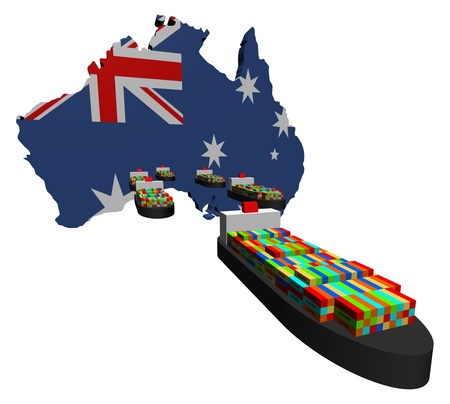Why Australia engages in international trade
Australia conducts trade with the rest of the world in goods and services (including financial and labour services) because these transactions enable a country to boost living standards. It does this in the following ways:
- A wider range or selection of goods and services are available for consumption;
- Potentially cheaper goods and services are available for consumption, which not only provides a direct boost to living standards, but helps to create additional competitive pressures (boosting incentive to innovate and improve quality) and further reduce prices;
- Australian businesses have access to foreign physical capital (such as machinery) that may not be available in Australia, or cannot be acquired cheaply enough;
- Australian businesses have access to foreign human capital (i.e. workers) that may be in short supply in Australia;
- Australian businesses have access to foreign financial capital (i.e. money) in the form of either debt or equity that helps them to expand their businesses via Investment;
- Australian businesses will be better able to take advantage of the benefits of economies of scale, where larger production volumes (for a global market) result in lower average costs of production and lower prices; and
- Australia as a country can use foreign funds to finance expansion or consumption (which are the reasons for our CAD and NFD).
Course notes quick navigation
1 Introductory concepts 2 Market mechanism 3 Elasticities 4 Market structures 5 Market failures 6 Macro economic activity/eco growth 7 Inflation 8 Employment & unemployment 9 External Stability 10 Income distribution 11.Factors affecting economy 12 Fiscal/Budgetary policy 13 Monetary Policy 14 Aggregate Supply Policies 15 The Policy Mix


